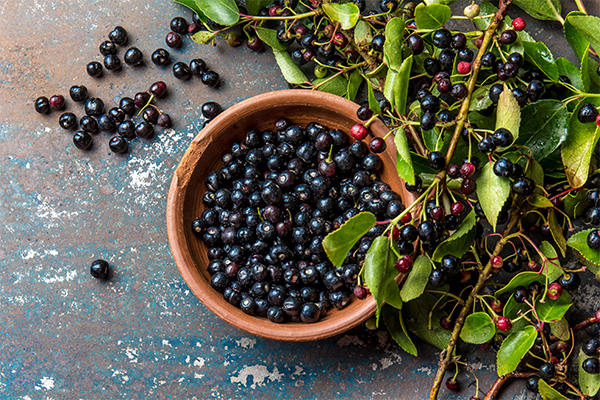Nutritional benefits that prove moringa really is a “miracle tree”
01/03/2019 / By Ellaine Castillo

Many bitter foods have proven themselves to be amazing superfoods. Take for example dark leafy greens, bitter gourds, dark chocolate, and moringa. Compared to the others on the list, moringa (Moringa oleifera) is less popular but this doesn’t mean that it’s not as good. In fact, this plant is commonly called a miracle tree because all of its parts, including the seeds, pods, and leaves, exhibit many health benefits.
The moringa tree is native to northern India, where its seed is commonly included in the people’s traditional diet, just like in other Asian and African countries. This highly nutritious plant can be used for many applications, including biodiesel production, manufacturing of beauty products, and water filtration. However, it’s still more pcommonly used for its various health benefits, which include the following:
- Improving malnutrition — One cup of moringa seeds is enough to give you more than twice the recommended daily intake of vitamin C and nearly four times the amount of iron you need. It is also packed with potassium, magnesium, calcium, carbohydrates, and proteins, which have 19 of the 22 amino acids, that are essential for growth and development. With all these nutrients, you would expect that moringa seeds have high-calorie content, but they don’t. Because of its astounding nutritional content, many developing nations are making it a staple in their diets to avoid and treat malnutrition. Fortunately, moringa is very easy to cultivate since it lives through drought and hot climates.
- Reducing inflammation and oxidative stress — Moringa seeds are rich in antioxidants and anti-inflammatory compounds. The presence of these compounds makes this superfood a promising treatment for conditions associated with inflammation and oxidative stress. Previous studies in both mice and humans showed that moringa significantly improves symptoms of ulcerative colitis, a condition characterized by chronic inflammation and ulcers in the digestive tract. To maximize the antioxidant potential of moringa seeds, try boiling them first before eating them since this is said to release beneficial compounds.
- Boosting heart health — Moringa is a good source of healthy monounsaturated fats that lower bad cholesterol and consequently reduce the risk of heart disease. Previous studies have also shown that moringa seeds protect heart cells from damage induced by oxidative stress and excessive inflammation. Furthermore, this superfood reduces triglyceride levels in the body and improves heart rate and overall cardiac function.
- Promoting good digestion — If you’re looking for a fiber-rich food, then moringa pods would be the better option for you. Each pod contains approximately 47 percent fiber, so it’s great for people who suffer from digestive problems like constipation.
- Regulating blood sugar levels — People who have been diagnosed with diabetes or prediabetes can benefit from eating moringa. This superfood can lower blood sugar levels due to the isothiocyanates that it contains. Studies have shown that 50 grams of moringa leaves in just one meal can significantly reduce blood sugar by 21 percent.
- Fighting cancer — People who eat moringa seeds have a lower risk of developing different types of cancer including liver, breast, and colon cancer. It works by preventing the growth and spread of cancer cells. (Related: Moringa seeds found to prevent the spread of breast cancer cells to surrounding tissue.)
There are many ways to enjoy the benefits of moringa. You can choose to roast its seeds and eat them like nuts, or you can use the flowers to make tea. Furthermore, moringa is now available in various other forms such as capsules, extracts, oils, and powders made from dried leaves, which contain more nutrients and have a milder taste than the fresh versions. So why not give this superfood a try and see just how much it can do for you.
For more articles about the health benefits of superfoods, visit Superfoods.news.
Sources include:
Submit a correction >>
Tagged Under:
anti-inflammatory, anticancer, antioxidant, disease prevention, heart health, inflammation, malnutrition, miracle tree, moringa, Moringa oleifera, moringa pods, Moringa seeds, natural remedies, nutrients, nutrition, oxidative stress, prevent diabetes, prevention
This article may contain statements that reflect the opinion of the author
RECENT NEWS & ARTICLES
BloodSugar.News is a fact-based public education website published by Blood Sugar News Features, LLC.
All content copyright © 2018 by Blood Sugar News Features, LLC.
Contact Us with Tips or Corrections
All trademarks, registered trademarks and servicemarks mentioned on this site are the property of their respective owners.





















